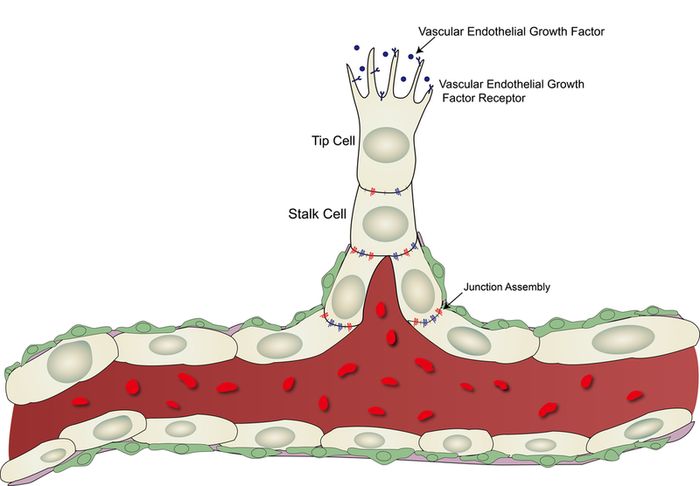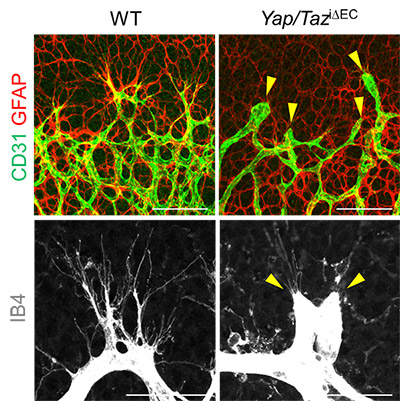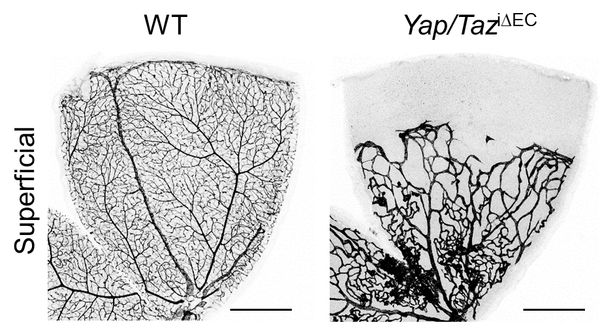주메뉴
- About IBS 연구원소개
-
Research Centers
연구단소개
- Research Outcomes
- Mathematics
- Physics
- Center for Theoretical Physics of the Universe(Particle Theory and Cosmology Group)
- Center for Theoretical Physics of the Universe(Cosmology, Gravity and Astroparticle Physics Group)
- Center for Exotic Nuclear Studies
- Dark Matter Axion Group
- Center for Artificial Low Dimensional Electronic Systems
- Center for Underground Physics
- Center for Axion and Precision Physics Research
- Center for Theoretical Physics of Complex Systems
- Center for Quantum Nanoscience
- Center for Van der Waals Quantum Solids
- Center for Relativistic Laser Science
- Chemistry
- Life Sciences
- Earth Science
- Interdisciplinary
- Center for Neuroscience Imaging Research(Neuro Technology Group)
- Center for Neuroscience Imaging Research(Cognitive and Computational Neuroscience Group)
- Center for Algorithmic and Robotized Synthesis
- Center for Genome Engineering
- Center for Nanomedicine
- Center for Biomolecular and Cellular Structure
- Center for 2D Quantum Heterostructures
- Center for Quantum Conversion Research
- Institutes
- Korea Virus Research Institute
- News Center 뉴스 센터
- Career 인재초빙
- Living in Korea IBS School-UST
- IBS School 윤리경영


주메뉴
- About IBS
-
Research Centers
- Research Outcomes
- Mathematics
- Physics
- Center for Theoretical Physics of the Universe(Particle Theory and Cosmology Group)
- Center for Theoretical Physics of the Universe(Cosmology, Gravity and Astroparticle Physics Group)
- Center for Exotic Nuclear Studies
- Dark Matter Axion Group
- Center for Artificial Low Dimensional Electronic Systems
- Center for Underground Physics
- Center for Axion and Precision Physics Research
- Center for Theoretical Physics of Complex Systems
- Center for Quantum Nanoscience
- Center for Van der Waals Quantum Solids
- Center for Relativistic Laser Science
- Chemistry
- Life Sciences
- Earth Science
- Interdisciplinary
- Center for Neuroscience Imaging Research(Neuro Technology Group)
- Center for Neuroscience Imaging Research(Cognitive and Computational Neuroscience Group)
- Center for Algorithmic and Robotized Synthesis
- Center for Genome Engineering
- Center for Nanomedicine
- Center for Biomolecular and Cellular Structure
- Center for 2D Quantum Heterostructures
- Center for Quantum Conversion Research
- Institutes
- Korea Virus Research Institute
- News Center
- Career
- Living in Korea
- IBS School
News Center
| Title | How New Blood Vessels Sprout | ||
|---|---|---|---|
| Embargo date | 2017-08-29 12:00 | Hits | 3931 |
| Research Center |
Center for Vascular Research |
||
| Press release | |||
| att. | |||
How New Blood Vessels Sprout- IBS biologists discovered a key regulator of normal as well as pathological formation of new blood vessels - New blood vessels branch out of preexisting ones is via a process called angiogenesis. Although this is essential for survival, development and wound healing, on the flip side, it also feeds and progresses malignant tumors, as well as other diseases. IBS scientists at the Center for Vascular Research, within the Institute for Basic Science (IBS), in collaboration with LIM Dae-Sik at KAIST, discovered a key regulator of this process, which could become a potential therapeutic target for treating diseases associated with the formation of new blood vessels. Cells forming the wall of blood vessels, endothelial cells (ECs), are the main actors of angiogenesis. The formation of a new vascular wall is a multistep process that requires coordinated cell migration, proliferation, and junction formation. ECs need to stretch and move and to do that, they use their own "skeleton", the cytoskeleton. The ECs at the front of the migration route are called tip cells and the ones at the base the stalk cells. Tip cells form extensions that help them to creep into the connective tissue. Then, as the new vessel grows out of the existing one, cells also need to create strong bonds to assure a robust wall. Each step is controlled by several proteins whose behavior is only beginning to be understood.
The research team found out that in the presence of growth stimuli, the proteins YAP and TAZ are critical for sprouting angiogenesis, vascular barrier formation, and maturation. YAP and TAZ work together and they have been re-dubbed YAP/TAZ. YAP/TAZ is negatively controlled by the Hippo signaling pathway, a "molecular conversation" whose role is to adjust the organ size to a normal volume. Curiously, mutations in the proteins of this pathway cause oversized organs, from that the name "hippo". Scientists found that if they overexpress YAP/TAZ, ECs form an excessive number of extensions and boost an abnormal growth of blood vessels, similarly to a tumor. On the other hand, removing YAP/TAZ from 2 day old mice leads to poorly vascularized retina, vision impairment, and internal bleeding in several areas of the brain. In the latter, the ECs' tips are blunt.
YAP/TAZ promotes cytoskeleton remodeling, as well as distribution and abundance of proteins that cement the junction between ECs. For this reason, YAP/TAZ is essential for the formation of the blood retinal barrier and the blood brain barrier. The former protects the eye from potentially toxic substances present in the blood, and the latter does a similar function to defend the brain.
Since angiogenesis is also the root of several diseases, the team tested adult mice that model a common cause of vision loss in the human elderly population, known as age-related macular degeneration. This disease is characterized by a leaky blood retinal barrier and growth of blood vessels under the retina. In this way, they confirmed that YAP/TAZ is also involved in pathological angiogenesis in adulthood. "Understanding angiogenesis at the molecular level can help us to address pathological angiogenesis in age-related macular degeneration and cancer," said KOH Gou Young, corresponding author of the study. Letizia Diamante Notes for editors - References - Media Contact - About the Institute for Basic Science (IBS) |
|||
|
|
|||
| Next | |
|---|---|
| before |
- Content Manager
- Communications Team : Kwon Ye Seul 042-878-8237
- Last Update 2023-11-28 14:20














